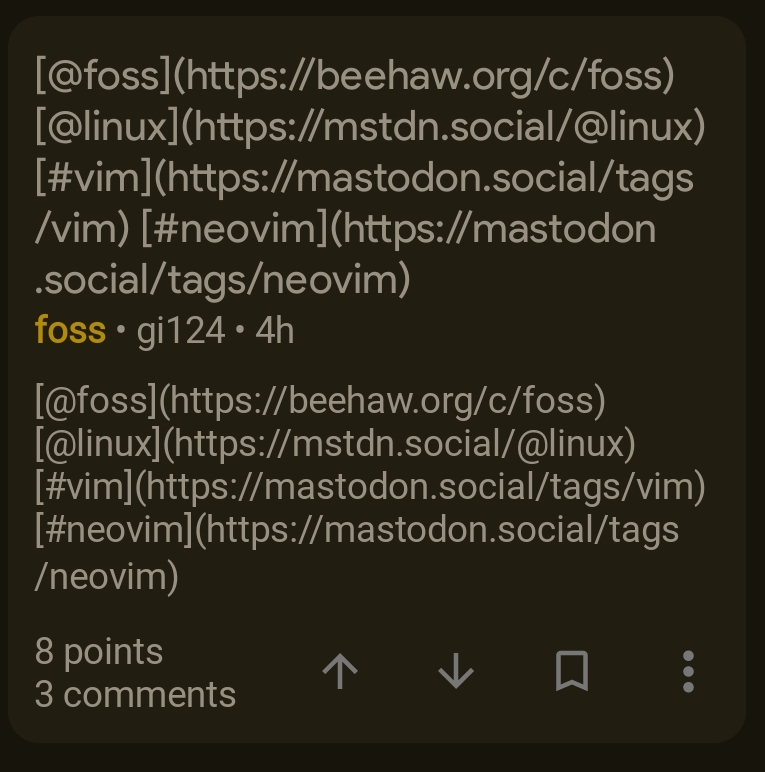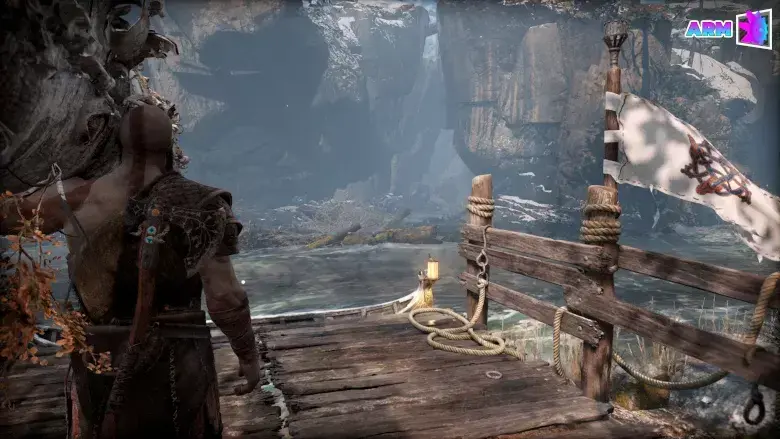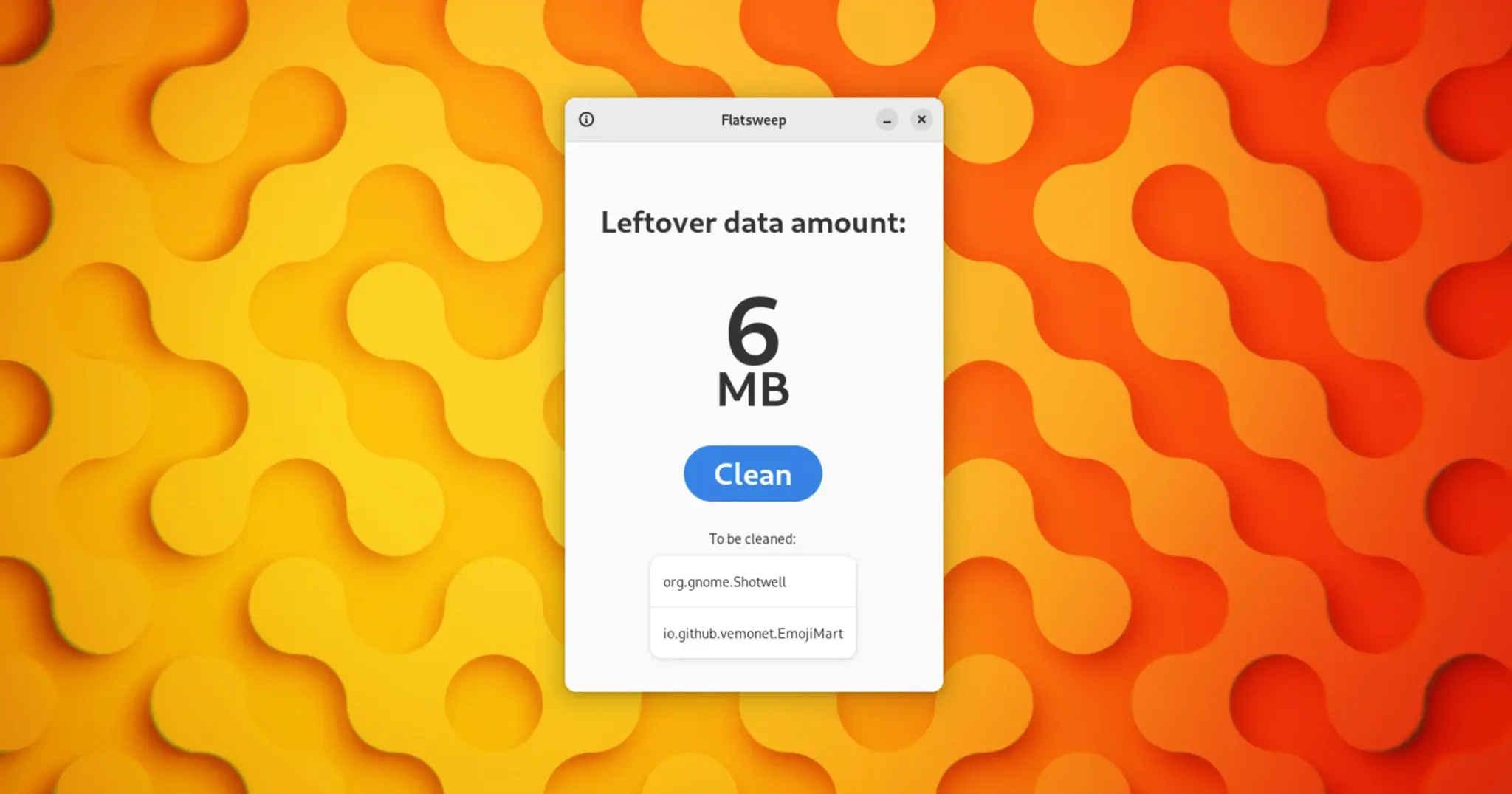- 3 Posts
- 28 Comments

 9·1 year ago
9·1 year agoIf it’s just for personal use, why not just use Tasker? Judging by what you’ve written, it could be easily done without needing any Android coding experience.
If you’re interested, there’s a patch for it that makes it look and behave more like Photoshop.
[Meta] I don’t think there’s a need to cross-post this within Beehaw. Beehaw is low-activity as it is (in terms of new posts) so most people here would be just browsing new/local so they’d be seeing this post in their feed twice.
Even if you’re not browsing by local, most people in this community would likely also be subscribed to the Technology community as well, so again, there’s a double-up.
For those wondering what this is about:
Kavita is a fast, feature rich, cross platform reading server. Built with a focus for manga and the goal of being a full solution for all your reading needs. Setup your own server and share your reading collection with your friends and family.
Also, apparently you can also set up Tachiyomi to use Kavita as a source, or to track your progress.
If people really felt strongly about this, we would’ve seen it being done already. Perhaps the state of Lemmy right now is “good enough” so folks don’t care too strongly about a lack of a minor feature, or maybe they find it easier to just migrate to something like Kbin instead and still be federated to Lemmy. Or maybe they prefer to just write a simple patch, which can be maintained and distributed separately, instead of forking the entire code. Afterall, it’s easy enough to make a fork, but a PITA to maintain one. Much more easier to just make a separate patch set or standalone utilities or something.
Also, frontend features, like the infinite scrolling one which was quoted, are basically non-issues, considering so many good alternative frontends exist, such as Photon, Alexandrite, mlymm, slemmy, etc. There’s no rule you have to use the default frontend. In fact many Lemmy instances have decided to host these frontends on their own servers, and if they wanted to, they could easily switch to it and make it the default landing page.

 2·1 year ago
2·1 year agoThat’s what I’m saying here. The online circle that considers that transparency and control are the primary reason to choose software at the expense of feature limitations or poor UX is a very small niche
And what I’m saying is, why does that matter here? The argument was about whether or not the opensource world exists, and has nothing to do with how big or small this niche is.
That is important because sometimes open source devs forget about that and don’t focus enough on the things that matter to consumers. And sometimes the open source community, such as it is, will excuse this or even take pride on working around it on the basis of that performative sense of belonging and righteousness. I think that’s a risk for everybody, which is the part that annoys me about it.
I don’t see what’s wrong with that or why it should annoy you? If you disagree with the dev’s philosophy, then fork the software and fix it yourself, that’s the beauty of opensource - you don’t need to agree with the dev or wait for them. And if you don’t have the skills to fix it yourself, sponsor someone who can. Or just use a different software. No one’s holding a gun against your head and forcing you here. There’s no reason it should annoy you.

 2·1 year ago
2·1 year agoCould have fooled me, because I have maybe half a dozen Android installs on devices that run all the same applications and are functionally identical to any manufacturer version out there without being related to them at all.
???
there is no major concern for most people about where their Android build is sourced as long as it runs Android apps.
And that’s not my point at all. As I mentioned earlier, I only mentioned Android because it’s the only mainstream mobile OS which allows sideload apps and has alternative app store. Whether Android in itself is opensource or not is irrelevant in this context, when I’m discussing specifically about Android apps, as an example. Also, I never claimed it was a concern for “most” people, and again, that’s besides the point.
the open source “world” is not dictated by being built on open source code and instead dictated by a label of purity based on the lack of proprietary, monetized or closed source portions then… yeah, that’s annoying. It’s computer veganism
Actually, it isn’t. It (the motivation for opensource) has nothing to do any of the things you mentioned, but more about transparency and control for end users (and faster development lifecycles for developers). As I’ve repeatedly mentioned, people are increasingly getting sick of their apps being filled with ads and trackers and all the corporate spying and data harvesting, and the general enshittification of services. Which is one of the factors driving end users seeking out opensource software.

 3·1 year ago
3·1 year agoPeople on Android are on an open source OS
No they’re not, at least, not by default. The Android that’s pre-installed on most phones is actually closed source, the only reason I mentioned Android is because it’s the only mainstream mobile OS which allows you to sideload apps and even install alternative app stores. There’s regular threads here and even back on Reddit showcasing opensource apps, and even people asking for opensource alternatives.
There’s most certainly an opensource world, whether you acknowledge it or not, and I don’t see why it’s “annoying”.

 5·1 year ago
5·1 year agoPeople mostly just use software. Software is either good or bad. It’s either monetized or it isn’t.
This is true, but also, this ideology is mainly seen in Windows of macOS users - these users they just use software.
But there most certainly is a “world of open source”, and you usually enter that world when you switch to an opensource OS like Linux. And the reason why it’s a whole new world is because you’d predominantly use opensource software on such an OS, so you’re going from a world full of mostly proprietary software, to a world full of mostly opensource software - it’s a stark contrast.
So usually, at least for me, any talks of entering the “world of open source” usually begins with switching to, or trying out, an opensource OS. At least on the desktop.
On the mobile space however, particularly in the Android world, there’s been a growing awareness and desire among the privacy conscious people to switch to opensource apps. More and more folks are tired of the ads and tracking and privacy issues that plague proprietary apps typically found on the Play Store, so people have been increasingly looking towards opensource apps, which are free from such annoyances, and as a result, opensource stores such as F-Droid and Droidify have been gaining in popularity.
So there’s most definitely a world of open source out there, and the first step into that word usually beings with people getting fed up with corporations screwing them over, and thus looking for alternatives.

 5·1 year ago
5·1 year agoYou could create your own custom or multi-optic by looking at the existing ones, merging them in a text editor, and hosting the file somewhere accessible, like github.
See https://trystract.com/settings/optics , the top 10k list also has a comment telling you how it was generated, so you could just create your own top 1k or bottom 3K list, just change the
DiscardtoBoost(0)if you want to limit your results to only these sites.

 12·1 year ago
12·1 year agoSo what’s cool or moe about this? The Github page doesn’t list any details on how this is different from Telegram X, no screenshots either.
It’s not FOSS, but have you tried Join? It was basically created as a response to Pushbullet pulling their paywall stunt, so most disgruntled PB users switched to Join. It’s made by the same guy who maintains Tasker btw, joaomgcd.

 8·1 year ago
8·1 year agoThis is what your post looks like btw on Sync. ᕕ( ᐛ )ᕗ


 2·1 year ago
2·1 year agoYep, it comes with a skinned version of Chrome. It’s just standard Android without Google Play Services, and a custom launcher. So you’re free to install any browser or a third party app/store. I use F-Droid and Aurora Store to install my apps. They do have their own app store as well, but it has a very limited selection of apps.

 1·1 year ago
1·1 year agoI actually haven’t tried the Boox reader app at all! Tachiyomi is more of a downloader+reader, you can add multiple source plugins and it can search for and download (scrape) books from various sources.
It does have a few handy features for smaller screens though, such as the ability to crop borders, so you may not need to zoom into the content, plus there are various fit/zoom/crop options which you can play around with. So, at least for the comics I read (and my screen size/eyes) + Tachiyomi I don’t need to zoom around at all, so the form factor is very convenient.

 2·1 year ago
2·1 year agoNot sure about DC/Marvel apps sorry, I don’t use them (I usually avoid apps which have a dependency on the Play Store). I use Comixology and Tachiyomi for my comics instead, and don’t have any issues with either of them. That said, generally speaking apps that aren’t optimized for e-readers can in fact behave a bit odd, but this is why Boox included a per-app optimization tool, thru which you can customize the DPI, background color, fonts, refresh type etc for each app. For instance, Comixology has a dark background by default which doesn’t look nice on e-ink, so you can tweak it via Boox’s tool to display a bright background instead (the comics themselves display properly).

 1·1 year ago
1·1 year agoI used to do all that too. I’m old too, and forget renaming files, I gave up on the whole media-hording business, because I ain’t got the time/patience to manage all that any more. Gone are the days of using seedboxes, private servers, SABnzbd and the like. Gone are the days of using Kodi/OpenElec/Plex/Jellyfin etc. Gone are the days of running my own NAS with an ever increasing RAID array and maintaining them and benchmarking the latest ZFS and thinking of ways to speed up the cache and upgrading all the bits and bobs regularly. I got rid of it all.
These days, I just subscribe to a streaming site on an adhoc basis (if there’s something I want to watch on that site) and if the site doesn’t have it in my region, I won’t jump thru VPN hoops and will just pirate it, watch it, and immediately delete it. I ain’t hording shit no more, and will follow the path of least resistance.
Honestly, this has simplified my life quite a bit, I don’t need to worry about backups or losing data - because I have no data to lose now (besides some documents/personal projects/dot files, which is already synced to the cloud).
The only media I actually still bother to carry around is rewatchable and rare stuff that isn’t easy to get. Like the AI upscaled version of DS9, Harmy’s Despecialized Star Wars, or my own AI upscaled copies of Allo Allo, which isn’t found anywhere else. But all of these fit on a single USB stick, so I’m happy retaining them. It’s so freeing to not be a data hoarder any more and simplify my digital life.

 5·1 year ago
5·1 year agoI have the first Boox Nova (color) and while it’s true that the colors aren’t vivid, it actually makes for a great comic book (and manga) reader. The color pallete in comics is generally limited anyways, plus the grainy low-DPI image reminds me of how comics used to look like back in the day. So ironically the limited display actually makes it a great fit for comics.
But of course, it’s not ideal if you have want to read full-color high-res content like magazines and modern webcomics (you can, but the performance isn’t really that great).
For me though, as a manga/comic reader, instead of the display, the most limiting thing I found was actually the RAM - after a long comic reading session it would run out of RAM, bringing the OS to a crawl, and forcing me to restart my apps. But it’s not a huge issue, or maybe there’s a memory leak in Tachiyomi. Regardless, I feel 3GB isn’t enough for any large device these days.
Still, right now, this is the best “open” ereader that you can actually buy, that doesn’t lock you into any subscription (like the reMarkable tablets) or proprietary apps.



You could make yours a Geocaching app with fog-of-war. They’ve got an API for third-party apps too, so it should be easy enough to develop, and actually fun to play.
If you’re feeling ambitious, add some RTS elements like from Age of Empires - eg if you add someone as your ally, you can share their line of sight. Finding certain types of caches, or POIs, increases your resources (gold/stone/food/wood - maybe visiting Pizza Hut gives you extra food lol). And with these resources, you could build virtual structures like castles etc. Other players could spend resources to take it down (but they need to be physically at that location), and you could spend resources to defend your building.
Kinda like Ingress basically, but with medieval/RTS elements and geocaching thrown into the mix. How’s that for a challenge? :)